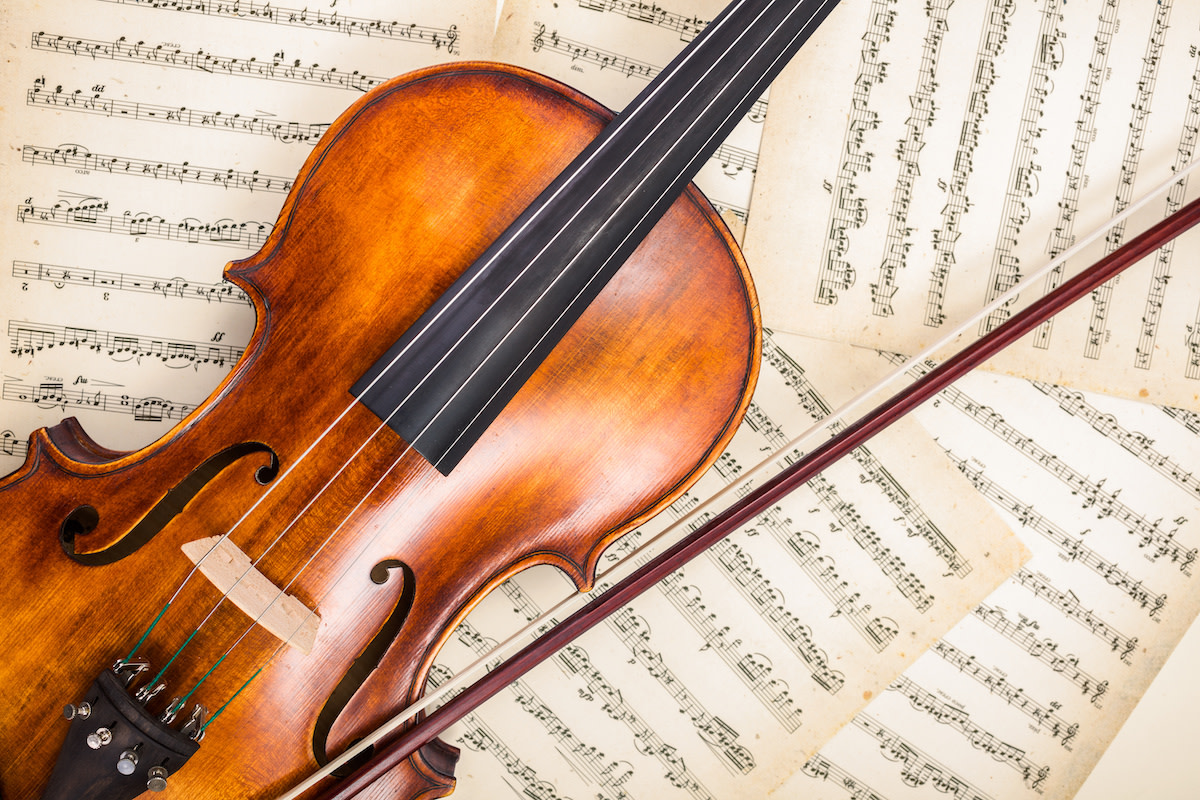Classical Era Music Guide: What Was the Classical Era in Music?
Written by MasterClass
Last updated: Jun 7, 2021 • 3 min read
Musicologists and casual music fans use the general term "classical music" to describe the work of composers ranging from J.S. Bach to Igor Stravinsky to Philip Glass. The Classical period, though, is a specific era in music history that spanned much of the eighteenth and nineteenth centuries.
Learn From the Best
What Is the Classical Period?
The Classical period of music was an era that lasted from approximately 1730 to 1820, although variations on it extended well into the middle of the nineteenth century. Classical period composers and performers came from Europe, but it did not take long for the music to find its way to European colonies around the globe. Many composers and musicians were based in the Austrian capital of Vienna, which was the musical center of Europe during the time period.
When Was the Classical Period?
Musicologists generally define the Classical period of music as ranging from 1730 to 1820. Classical era music followed the late Baroque period of music. It maintained many styles of the Baroque tradition but placed new emphasis on elegance and simplicity (as opposed to Baroque music’s grandiosity and complexity) in both choral music and instrumental music. It was followed by the Romantic period.
3 Characteristics of Classical Period Music
Important forms of the Classical period include the string quartet, opera (including opera buffa and opera seria), trio sonata, symphony (traditionally written in sonata form), string quartet, and solo concertos for a variety of instruments. These musical forms have several elements in common.
- 1. Simplicity: Compared to the Baroque period music that preceded it, Classical period music places greater emphasis on simplicity, tonal harmony, single-line melodies, and enlarged ensembles. Unlike the extravagant melodies and ornamentations of high Baroque music, the new style of music framed somewhat simple melodies and buttressed them with large ensembles. Melodies could be appropriated from folk music and arranged to produce musical development with various modulations in tonality, tempo, and dynamics. This trend would only expand during the Romantic period, which followed the Classical era.
- 2. Classicism: The beginning and middle of the eighteenth century showed a surge in a stylistic movement known as Classicism, whose adherents revered Classical antiquity, including the works of early fifth-century Greek artists and the architecture of Classical Greece. Admiration for the art of Classical antiquity manifested in the musical taste of the eighteenth-century Classical era. The standard musical forms that dominated the musical compositions of the Classical period aimed to embrace order, simplicity, strength, and a celebration of humanity—all of which aligned with a reverence for Classical Greece.
- 3. Increased accessibility: During the Classical period, many composers still worked in the courts of aristocrats, but public concerts were commonplace throughout Europe, which allowed members of the middle classes to partake in the musical forms. This made Classical era music somewhat more egalitarian than much of Baroque music, which was often presented as chamber music exclusively for upper-class audiences.
Instruments of the Classical Period
During the Classical period in music history, the piano overtook the harpsichord and organ as the primary keyboard instrument. Other musical instruments prominently featured in the new musical style included:
- violin
- viola
- cello
- double bass
- flute
- clarinet
- oboe
- bassoon
- French horn
- trumpet
- trombone
- timpani
Composers of the Classical Period
Vienna was the epicenter of European Classical music, and the composers who worked out of Vienna were sometimes referred to as members of the Viennese school. Great composers of the Viennese school included Wolfgang Amadeus Mozart, Franz Joseph Haydn, Franz Schubert, and Ludwig van Beethoven, all of whom are foundational to the Classical period of music (although Beethoven's later works are commonly linked to the Romantic era). Other famous composers of the period included Johann Christian Bach, Carl Philipp Emmanuel Bach, Christoph Willibald Gluck, Antonio Salieri, and Muzio Clementi.
Want to Learn More About Music?
Become a better musician with the MasterClass Annual Membership. Gain access to exclusive video lessons taught by musical masters, including Itzhak Perlman, Herbie Hancock, Sheila E., Carlos Santana, Tom Morello, and more.
